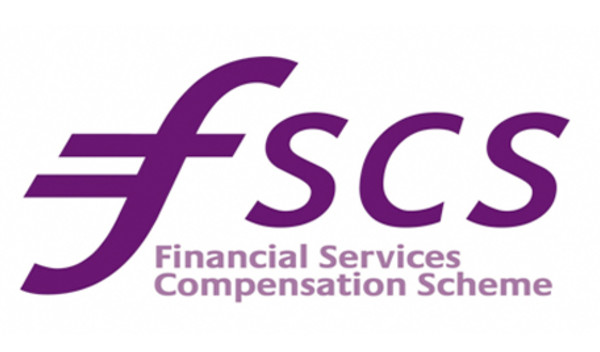

Compensation payments made by the Financial Services Compensation Scheme for defunct investments advisers for 2014 to 2015 have nearly trebled year-on-year, according to its annual report.
Last year, the figure was £71.3m, however for this year the figure reached was £183.1m.
Payouts for failed life and pensions intermediaries by the FSCS has also more than doubled from £18.7m in 2013 to 2014 to £35.2m for the year 2014 to 2015 and were dominated by claims relating to advice to transfer into self-invested personal pensions.
The total amount for compensation payments made in 2014 to 2015 was £327m, excluding the major banking failures of 2008 to 2009, compared with £243m the year before.
Between 1 April 2014 and 31 March 2015, the FSCS declared 193 firms in default, compared with 209 in 2013 to 2014.
The scheme said that the increase in payments was the result of a number of factors, which included higher noise-induced hearing loss and other insurance claims in the general insurance provision class, along with higher Sipp-related claims volumes in the life and pensions intermediation class.
The average compensation payments for Sipp-related claims went up 50 per cent to £16,375 compared with £11,104 in 2013 to 2014. As a result of this the FSCS raised an interim levy on the life and pensions intermediation sector in March of £20m.
In its report, the FSCS said that the increase in compensation mainly related to wrong advice being given to consumers by IFAs to transfer funds from existing pension schemes to Sipps. The FSCS said that its experience of these claims was consistent with warnings that had been published by the Financial Conduct Authority in relation to Sipps and the conduct of some firms.
Investment intermediation average payments also increased significantly to £19,450 compared with £10,939 in 2013 to 2014.
Mark Neale, chief executive of the FSCS, noted the increased Sipp activity in the report and said that this was a trend which is set to continue.
“We have, in particular, seen a steady rise in self-invested personal pensions-related claims arising from poor advice to transfer pension savings from sound occupational schemes into Sipps and then to invest in illiquid and risky assets within the Sipp.
“As we have made clear in our communications with the industry, we believe that the numbers and costs of complex Sipps-related decisions are likely to rise steeply again during 2015 to 2016.”
ruth.gillbe@ft.com



